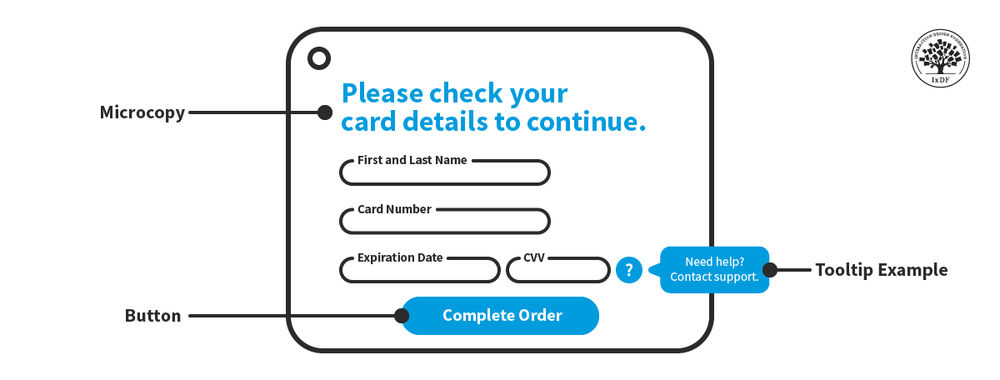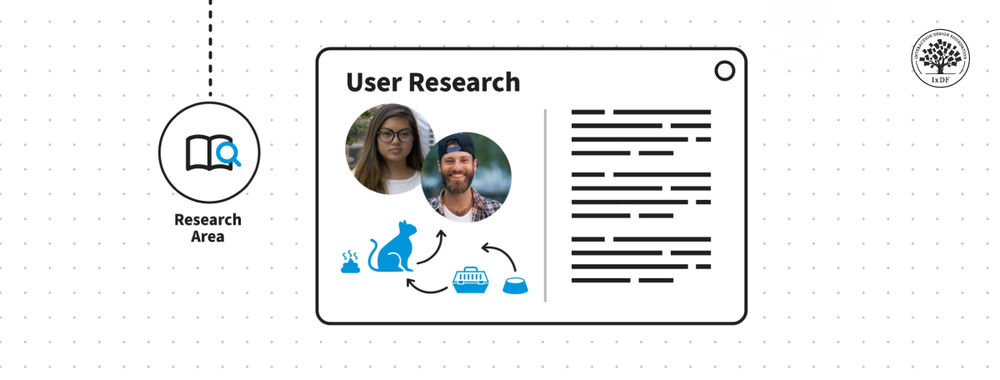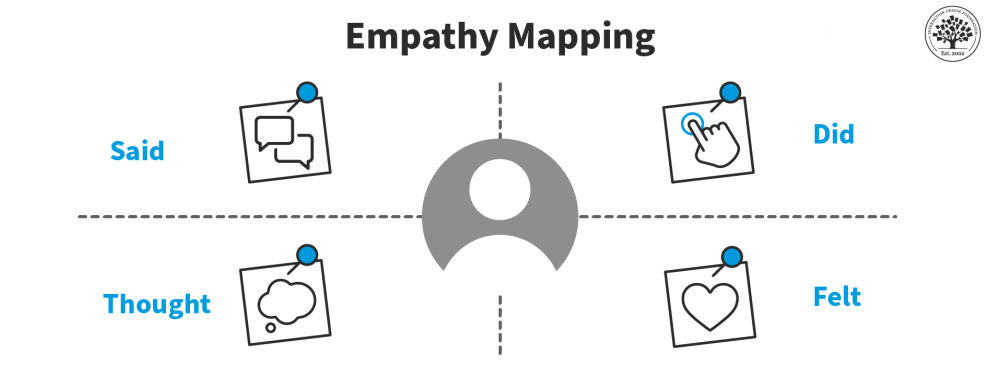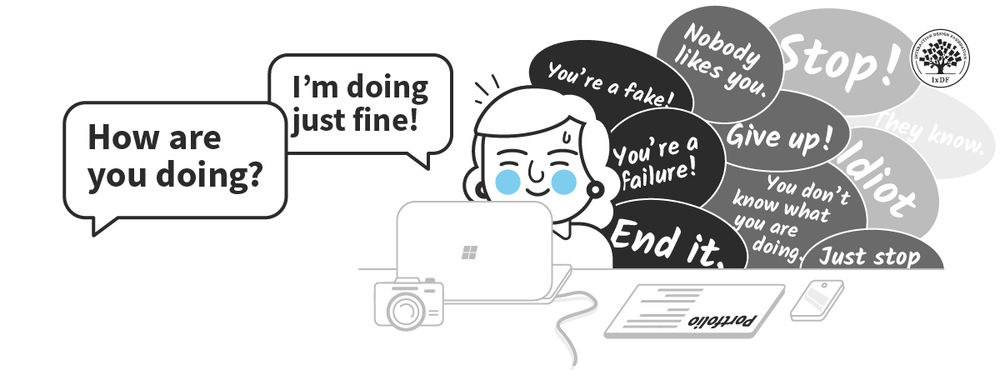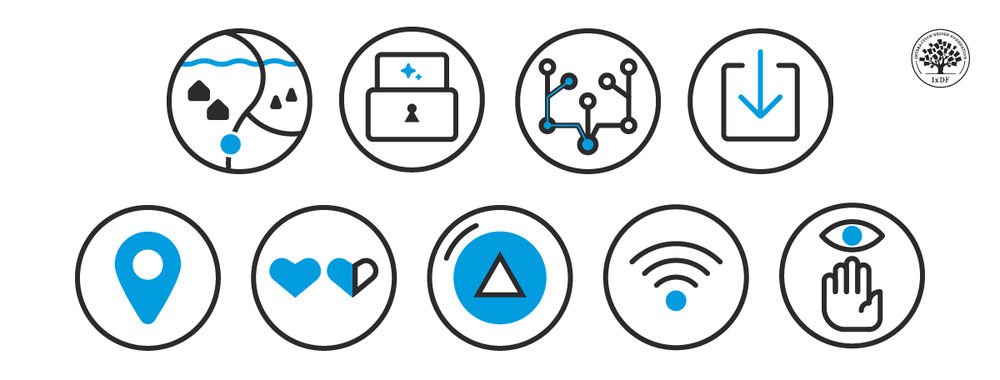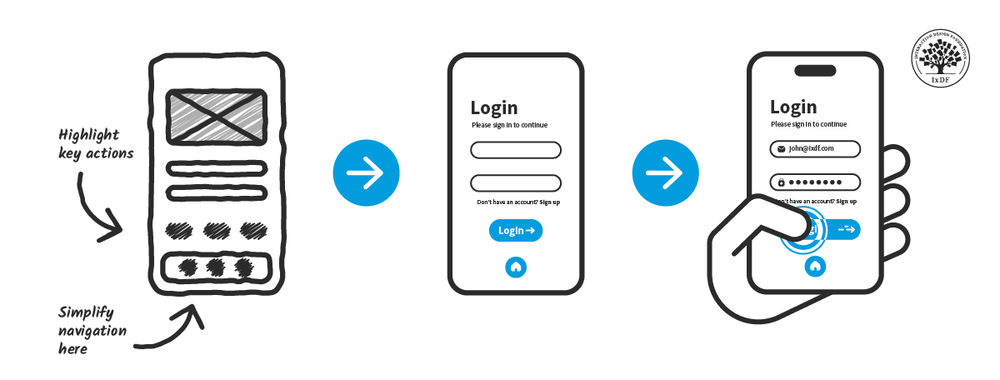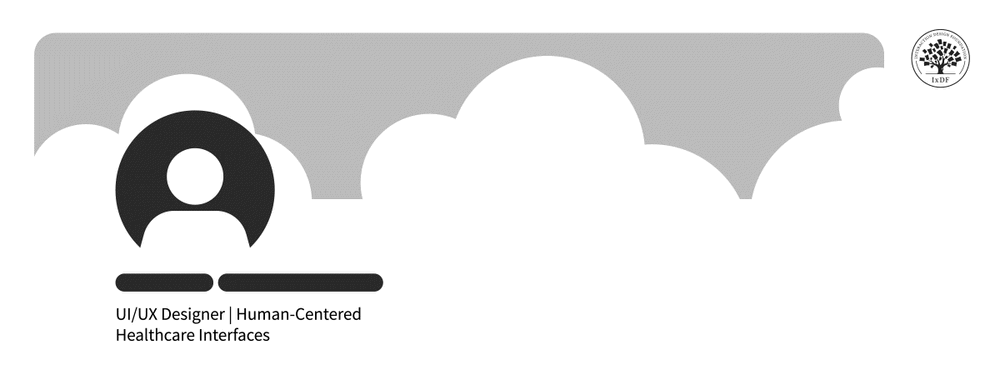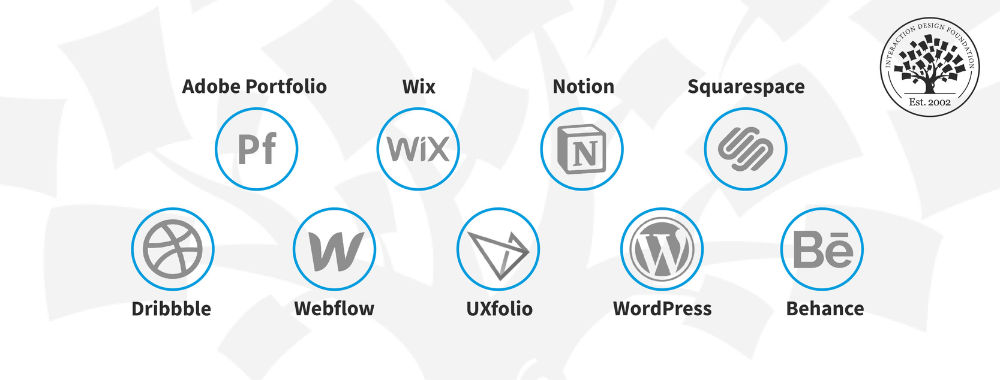International UX research is becoming more and more common as we live in an increasingly connected world. You may be called upon to visit the booming markets of Africa, Asia or South America or even to head from one of those markets to Europe or North America. This is a great thing for your users. There’s no substitute for their opinion and the better your localization efforts, the more likely you are to make a successful entry into a new market.
Travel, however, also presents some unusual challenges and ones that you may not always appreciate if you haven’t done much in the way of international travel before. Working in another country is very different to visiting one for a holiday. With that in mind, I’d like to offer up a few tips gained from my own extensive international travel for work to make your international research trips a bit easier.
Insurance is NOT Optional
Years ago I was in Malaysia for a conference. My flight arrived much earlier than my colleagues’ flights and I decide I’d explore KL until they arrived. Then, I went and left my wallet in the back of a taxi. I’d have been $4,000 poorer (most of the countries I travel in don’t have a high-level of credit card acceptance) if it wasn’t for the company’s travel insurance.
It also came in handy a few days later when on a side street in Penang; I fell into a pot hole and twisted my ankle into a violently sprained ankle. It’s much easier to visit a hospital when an insurer’s paying than when you are. Insurance for business travel is simply not optional; medical or other emergencies can be incredibly expensive and inconvenient to deal with at the best of times.
At the worst and without insurance? I know at least two people who have had to fly long haul with a broken leg because they had no insurance. Don’t be that guy.
Do Your Research
The UK’s Foreign Office, the CIA Work Factbook, and the Internet in general can offer some pretty good starting information to plan your trip around. What currency do you need to take with you? Can you use a credit card? Are ATMs easy to find? Do you need to be vaccinated against any nasty endemic diseases? Where are the “no go” zones of the city you’re visiting? And so on…
You can’t guarantee a problem free trip anywhere but you can make it much more likely if you do your homework before you travel.

Author/Copyright holder: Steven Kay. Copyright terms and licence: CC BY 2.0
Read Up on the Culture
You can make your research much easier if you don’t offend someone the first time you meet. Knowing that it’s bad form to shake hands with your left hand in much of the world (it has to do with toilet habits) or that giving a Chinese host four of anything is really rude (four sounds like the Chinese word for death and is as unlucky as 13 in the West); gives you a much better chance of making the right impression first time round.
Fortunately, people are generally forgiving of the occasional faux pas but it’s better to avoid them if you can.
Talk to People When You Can
Expats, hotel staff, clients, colleagues, etc. can all help you make the most out of your travel. They’ll be able to give you up-to-date information on what’s going on, where to go, and what to see. Most importantly, they may be able to point you towards the best places to eat with the lowest chances of food poisoning.
Don’t be afraid to engage in conversations with anyone you meet but do be sensible. How many times have you made a best friend while walking down the street at home? Never, right? So be cautious if someone approaches you and tries to get you to accompany them or do something you wouldn’t normally do elsewhere.

Author/Copyright holder: Sascha Kohlmann. Copyright terms and licence: CC BY-SA 2.0
Always Carry The Hotel’s Card
Even if you speak the local language but especially if you don’t – the hotel’s business card can be a life saver. This is doubly true if you stagger out of a local watering hole at 4 a.m. with no idea how to get home. Most hotels print a map as well as their address on their cards now and that makes it much easier for a taxi driver to get you home.
Don’t Be Afraid of Public Transport
Buses can be a little difficult to figure out but most of the world’s trains and subways and even overhead rail networks are very easy to use. They’re usually cheaper than other forms of transport and give you a chance to interact with locals too. Make sure you keep an eye on the rules of the network though; you don’t want to be fined for eating and drinking on the tube if it’s against the law.

Author/Copyright holder: MIKI Yoshihito. Copyright terms and licence: CC BY 2.0
Keep Your Eyes and Ears Open
Look around you and listen to what’s going on. You can often find out useful information from the way other people behave. For example, if no-one on the train is using a smartphone – it’s either because it’s not allowed or because it’s likely to be stolen and you don’t want to get in trouble either way.
You can also find out about more serious issues if you pay attention. I’ve been in several cities where political protests have got out of control during my visit but I’ve always been able to avoid those places by knowing where they’ll take place. Always ask in your hotel if there’s anything you should now.
Small Change is Your Friend
If you travel in the developing world small change is essential to being able to transact with taxi drivers (or tuk-tuks, motos, rickshaws, etc.) or street vendors or a multitude of other people. $100 may not seem like a lot to you but to many people it’s more than a month’s wages. Keeping small change on you makes life easier for you and for everyone around you.
Never Forget Your Phone
Your phone is your emergency lifeline and wherever you travel; don’t leave it behind when you go out. You can always call the hotel and get them to send a car or a colleague and get directions, etc. if you have your phone.
Header Image: Author/Copyright holder: Experientia. Copyright terms and licence: All rights reserved. Img


